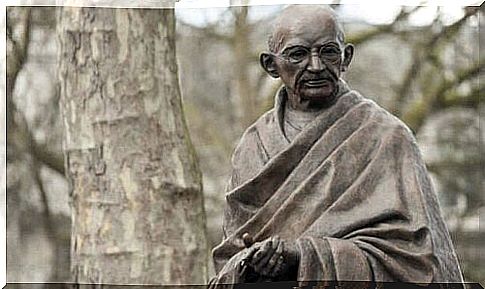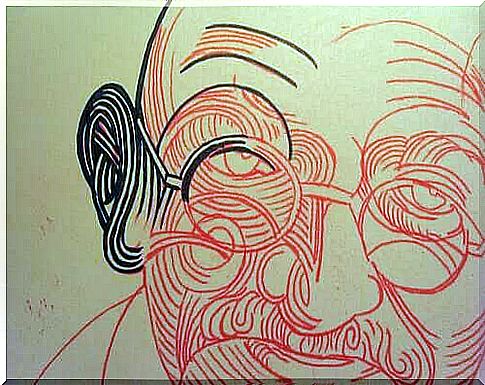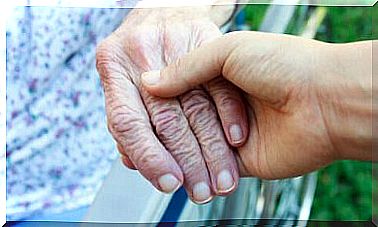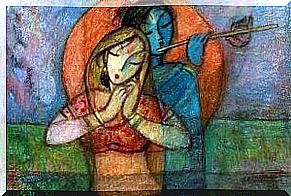7 Social Sins According To Gandhi

Moral forces are a set of different values. They include religious, national, and family virtues, and all of this together constitute ethics. And this ethics is the main engine of culture.
7 social sins, according to Gandhi, in turn, point to behaviors contrary to this ethics. They create a situation that weakens society. When values are not strong, our response is very weak in the face of crisis situations or difficulties. For this reason, we will next share the 7 social sins that Gandhi has warned us about in his lifetime.
1. Politics without principles
When we talk about politics, we immediately imagine only politicians. Criticism of politicians and their stigmatization as corrupt has become a very common practice in the world. And so this idea apparently also became an excuse not to participate in politics.

However, we forget that we are part of this system, which we so question. If it is maintained, it is due to us either through our own actions or our omissions. We are all involved in politics as active or passive participants. The question, after all, is whether or not our participation contributes to the building of values in politics.
2. Doing business without morals
Ambition is another of the factors that can sometimes lead to social sins. When we think only of our own well-being, the idea often arises that this good justifies all action. Indeed, personal success eventually became an excuse to drift into the most miserable actions.
Even those people who can be considered “good” end up believing that “they have to be practical”. They call idealistic or dreamers those who attach moral values to the subject. This type of behavior only leads to our boundaries becoming increasingly blurred each time and this in turn ends up taking us into the middle of the so-called “law of the jungle”.
3. Well-being without work
Work is not just a way to earn an income. Working and making money are also factors that make us decent and valuable people. On the contrary, living from the work of others degrades our being. It makes us social parasites.

Well-being must be the result of work. It is common for those who live without work to feel really good. We want to feel needed.
4. Education without character
Education is an integrated process. When not understood in this way, it becomes one of the 7 social sins. Teaching another is not his guidance or training. Nor is training another to fill another mind with knowledge or to train him to be an expert as if he were a machine.
Those who are responsible for teaching others need to be aware that they need to stand firm on the principles they want to teach others. Inconsistency is a really lousy message on the learning path.
5. Science without humanity
While in principle science serves humanity, there are also many cases where this is not the case. For example, when the promotion of false or incomplete information is based on fraudulent research, or when researchers conduct experiments and studies that involve unethical practices against both humans and animals.
6. Pleasure without responsibility
The search for and discovery of joy and enjoyment is perfectly legitimate. Everyone has the right to seek what brings joy to his senses and spirit. Again, what is not good for us is when we fall into excesses, in which case the same joy and pleasure will ultimately only cause harm.
Gandhi had a Stoic view on this subject. He thought one of the greatest virtues was moderation. Taking responsibility in the face of pleasure means maintaining balance in what gives us pleasure. Thus, we should never allow pleasure to turn into a vicious excess that will ultimately only end up ruining our other values.
7. Religion without sacrifices
Although Gandhi always spoke exclusively of religion, the principle can be applied in this case to all kinds of spiritual beliefs, whether religious or not. When a particular belief is practiced, it presupposes that what is found in our minds and hearts is what we should turn into reality.

If one considers 7 of the social sins, according to Gandhi, to be a religion without sacrifices, it is because beliefs without real action lose their value to a great extent. When we truly believe in something, we must be willing to give up many things for that faith.
So these are the 7 social sins that Gandhi has warned us about in his lifetime. Most importantly, however, his life served as an example that acted specifically against such behavior. And more importantly, he achieved all that we know of him today by applying his own principles and protecting himself with his moral power.









